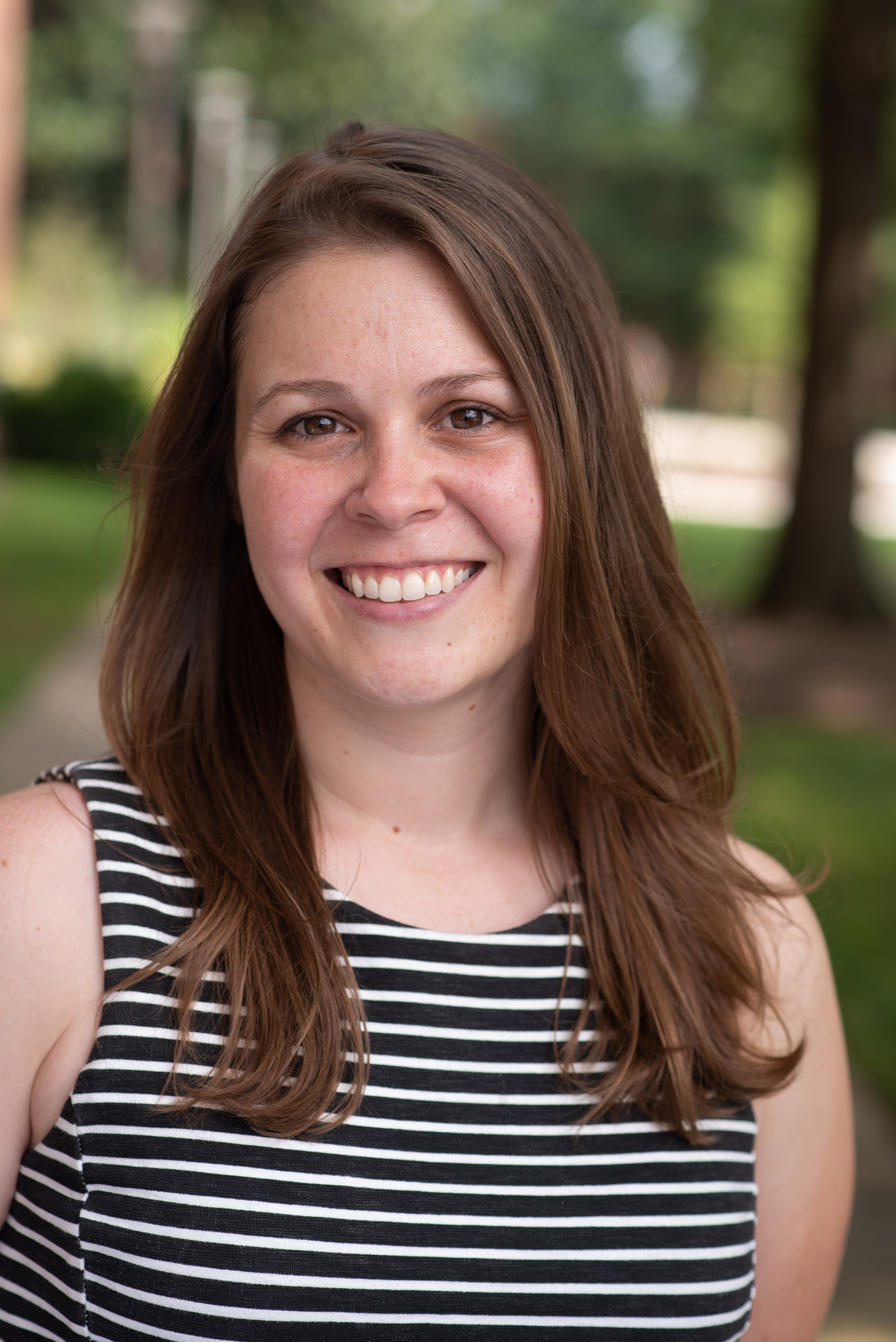Assistant Professor
Contact Information:
Email: Efount@umbc.edu
Office: Math/Psychology 316
Phone: 410.455.2208
Fax: 410.455.1055
Lab: Sondheim 508
Website: Youth Justice Lab Site
Education:
Ph.D. – Georgetown University, 2017
Fall 2023 Office Hours:
Area of Study:
Adolescent Legal Decision Making; Adolescent Development; Juvenile Justice
Research Interests:
Dr. Fountain’s research lies at the intersection of developmental psychology, law, and policy. She uses both quantitative and qualitative methods and takes an interdisciplinary approach to examine how adolescents and their families navigate the justice system. Specifically, she incorporates developmental and community psychology, law, and public policy to answer questions about plea bargaining, legal decision making, court process, and attorney-client-family relationships. Additionally, Dr. Fountain’s work explores how developmental science is used in developing evidence-based juvenile justice policy.
Courses Taught:
Adolescent Psychology (PSYC 304)
Psychology and Law (PSYC 393)
Applied Psychology and Public Policy (PSYC 736)
Graduate Program Affiliation(s):
Applied Developmental Psychology
Human Services Psychology
Graduate Research and Training Opportunities:
Graduate students will have many opportunities for research, professional, and leadership development. Students will contribute to research design, obtain experience with quantitative and qualitative methodologies and analysis, collaborate on manuscript preparation and grant writing, and present research at professional conferences. Graduate students are also expected to work on research teams and take on increasing levels of responsibility. As an advisor, I aim to help graduate students develop the research and leadership skills required to become successful applied scientists. I am currently accepting students in either ADP or HSP graduate programs. Those students with particular interests in plea bargaining, juvenile/criminal court processes, adolescent legal decision making, or family engagement with the legal system are especially encouraged to apply.
Undergraduate Research and Training Opportunities:
No. Not accepting undergraduates for Spring of 2023.
Research assistants can begin developing their research skills by assisting with the development of research protocols, data collection, and manuscript preparation. Advanced research assistants may be able to develop independent research projects in the lab. Students who wish to gain research experience and are interested in attending graduate school are encouraged to apply. Interested undergraduate and post-bac students should contact Dr. Fountain directly. Research Assistants are typically interviewed at the end of Spring semester and are expected to dedicate at least two semesters to the lab.
Selected Publications:
Grisso, T., Fountain, E.N., NeMoyer, A., & Thornton, L.C. (2019). The role of translational psychological science in juvenile justice reform. Translational Issues in Psychological Science, 5(2), 113-120. http://dx.doi.org/10.1037/tps0000197
Fine, A., Fountain, E.N., & Vidal, S. (2019). Juveniles’ expectations and experiences on probation predict technical violations and delinquency. Psychology, Public Policy, and Law, 25(2), 116-125. http://dx.doi.org/10.1037/law0000195
Fountain, E.N. & Woolard, J.L. (2018). How defense attorneys consult with juvenile clients about plea bargains. Psychology, Public Policy, and the Law, 24, 192-203. http://dx.doi.org/10.1037/law0000158
Fountain, E.N. & Woolard, J.L. (2017). The capacity for effective relationships among attorneys, juvenile clients, and parents. Ohio State Journal of Criminal Law, 14, 493-519.
Woolard, J. L., Henning, K., & Fountain, E.N. (2016). Power, process, and protection: Juveniles as defendants in the justice system. In S.S. Horn, M.D. Ruck, & L.S. Liben (Eds.), Advances in child development and behavior, Vol. 51: Equity and justice in developmental science: Implications for young people, families, and communities (171-201). Academic Press.
